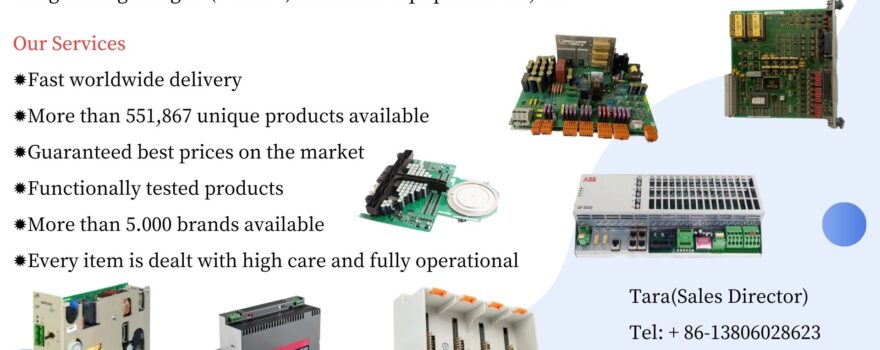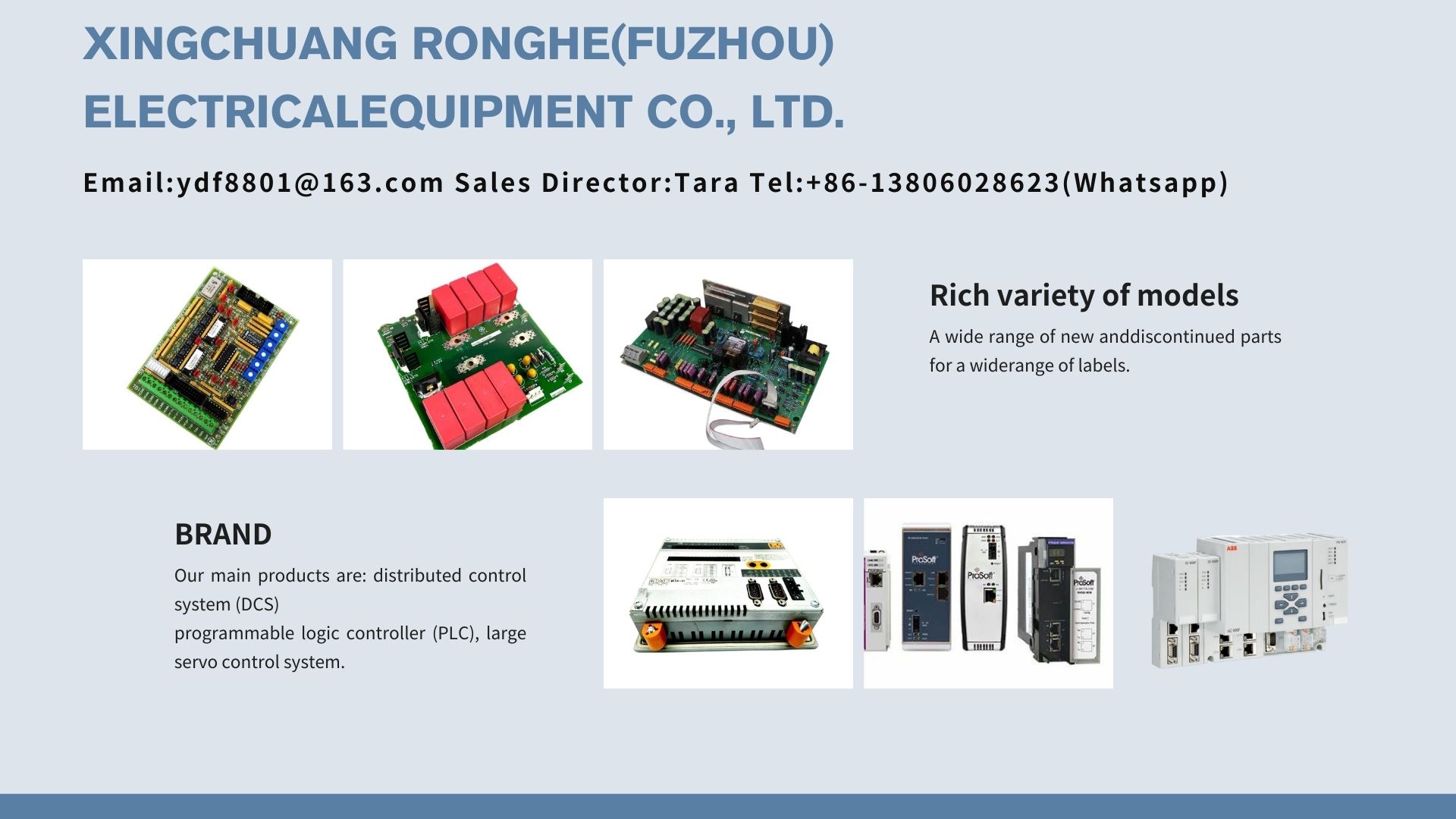
Application background
With the advancement of production intelligence and information construction, the diversification of production and products has led to a large number and variety of materials that warehouse management needs to handle, making warehouse logistics management very complex and diversified. The traditional manual warehouse operation mode and data collection method are no longer able to meet the current requirements for fast and accurate warehouse management. In order to improve the efficiency of enterprise management and operation, it is necessary to continuously innovate the logistics and warehousing model.
Solution
In response to the pain points and needs of most customers, Jin Ruiming uses RFID tags to digitize the identification of cargo containers such as pallets, cargo bags, and cage trucks, enabling the loaded containers to have the conditions for identity information recording and traceability. The goods can achieve comprehensive real-time supervision of production, transportation flow, warehousing, and other processes.
Through this approach, warehouse management can be made more convenient and efficient. Effectively solving many difficulties in asset management, promoting the development of warehouses towards automation, informatization, and digitization, significantly improving the level of intelligence, making logistics and warehouse management more intelligent and efficient.
Example of application process
(1) In the production and manufacturing process:
RFID technology is introduced into tray management. By installing RFID tags on the tray, comprehensive tracking and management of the tray can be achieved. On the one hand, RFID tags can store a large amount of information, including key information such as the attributes, sources, and destinations of items carried on pallets, providing real-time and accessible data for various links in the supply chain. On the other hand, with the help of RFID readers, it is possible to quickly and accurately identify and locate the position of pallets, achieving dynamic management and intelligent scheduling of pallets. This not only helps to improve the utilization and turnover rate of pallets, but also reduces misoperation and loss, improving the overall operational efficiency and reliability of the supply chain.
(2) In the warehousing and transportation process:
In the process of handling goods, install an integrated car mounted reader on the forklift to identify the corresponding goods and carry them out handling, prevent errors during the handling process, and trace the information of the transported goods. When transporting goods on shelves, the RFID reader on the forklift can recognize pallet classification and place the goods in the correct position.
When the goods are in and out of the warehouse, the RFID reader automatically reads the label information and uploads it to the backend management system, recording the information of the goods in and out of the warehouse.
(3) In the logistics transportation process:
Assign RFID identification to the collection bags of small parcels for express delivery, and write information into the collection bags at multiple stages, including cargo information, cargo flow direction, etc., to achieve information visualization of the cargo flow process. At the same time, reduce the number of cargo sorting and accelerate the ability of automatic sorting and identification of cargo transportation, helping express logistics enterprises to more effectively carry out cargo flow.
summary
Currently, with the demand for enterprise informatization and intelligent construction, the application fields of container intelligence management are constantly expanding. The application of container intelligence can help enterprises improve production efficiency and reduce operating costs. Using RFID technology to achieve integrated management of the entire product process in the production and logistics fields, including production, warehousing, and other links. Through source tracking solutions, ensure product quality and safety, and achieve transparency in the supply chain to improve management efficiency. The application of RFID technology makes production and logistics processes more intelligent, providing comprehensive and accurate data support for enterprises, helping them achieve higher levels of operation and management.

